6 steps to take after a breast cancer diagnosis
A diagnosis can be paralyzing. Follow these oncologist-recommended tips to move forward.
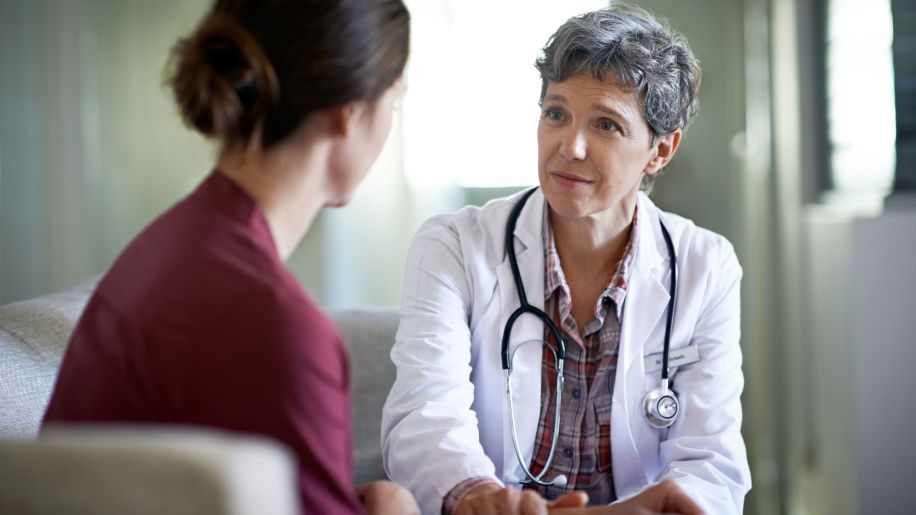
Aside from skin cancer, breast cancer is the most commonly diagnosed cancer among American women. Perhaps you know someone who was recently diagnosed, or perhaps you’ve been diagnosed yourself.
Being told that you have breast cancer is undeniably a shock to the system, giving rise to a range of emotions and questions about what to do next. Here, Delia Gauqueta, MD, an oncologist at Holy Cross Hospital in Fort Lauderdale, Florida, offers advice based on her years of experience treating breast cancer patients and walking them through the unchartered waters of a diagnosis.
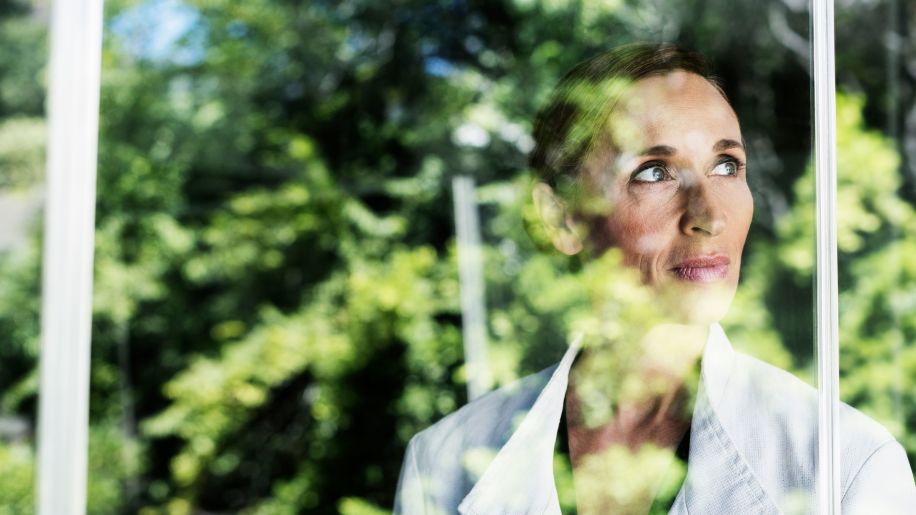
Process the information
According to Dr. Guaqueta, the first and most important thing a woman can do after a diagnosis of breast cancer is take time to breathe and process the information. Guaqueta says that women tend to either completely ignore the fact that they have breast cancer or immediately want to run into treatment. But deciding on a course of action takes time and consideration.
“It’s important that the person first understand that she is now a cancer patient and that her life will change,” Guaqueta says. And while it may be tempting to not think about it, “the sooner you give yourself the time to accept the fact that you have cancer, the sooner we can start helping you.”
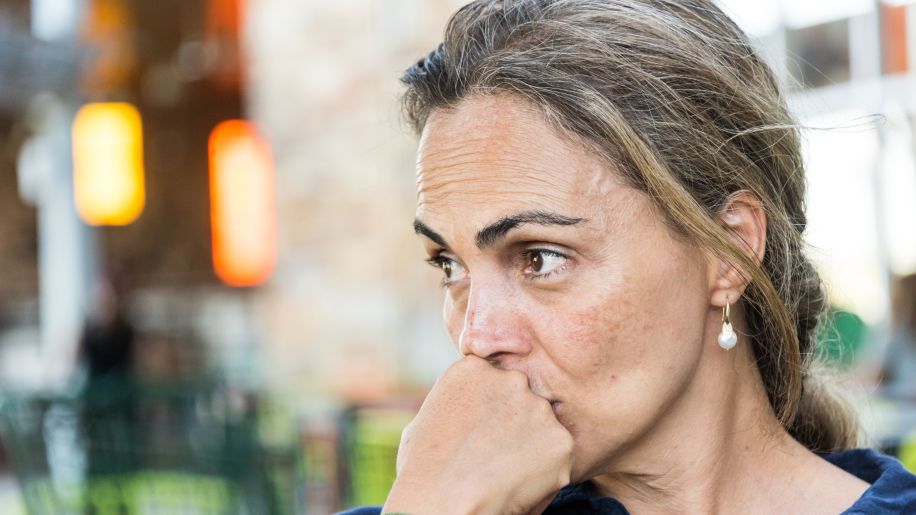
Let go of guilt
Women often experience a wide range of feelings after a breast cancer diagnosis, from sadness about how her life will change to fear and anxiety about the future. Patients may also develop a sense of guilt.
Even though there are certain lifestyle-related factors known to increase risk—such as drinking alcohol, being overweight and getting low levels of physical activity—the majority of breast cancers happen at random or because of damage to a cell’s DNA. Still, some women think that if only they had changed certain habits, they would have been able to avoid getting the disease.
“Guilt isn’t really healthy,” says Guaqueta. “I always counsel my patients not to try to find a ‘why.’” Instead, focus on moving forward and getting through your course of treatment, making healthy changes along the way.
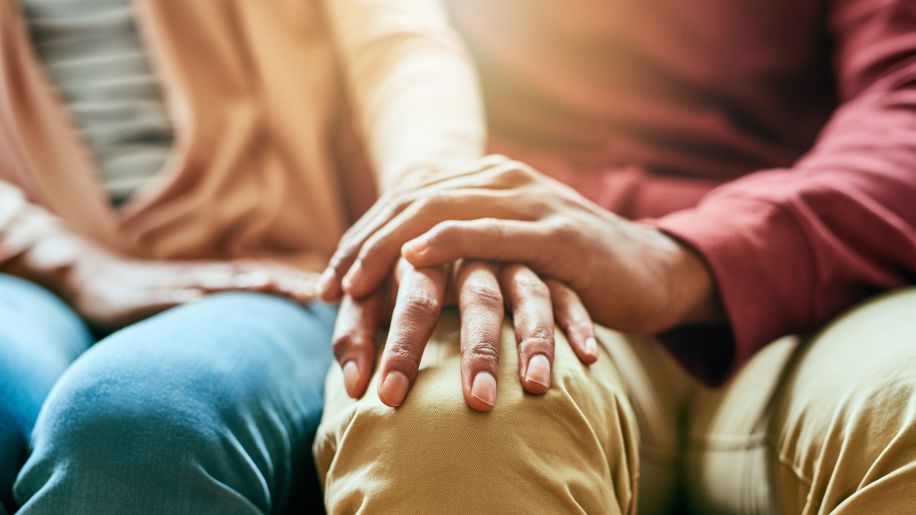
Share the news
There are a couple of approaches you can take when sharing information about your diagnosis. Guaqueta says she gives patients the option to speak with loved ones themselves or to make an appointment to come in and discuss it together. The advantage of a family appointment is that the doctor can answer everyone’s questions at once. Meeting together can also lend emotional support, reinforcing the idea that you’re not going it alone. It also helps to have a second set of ears taking in the information.
Guaqueta is adamant that her patients let family members, including children, know right away. “The sooner you discuss your diagnosis, the sooner you're able to move forward with the rest of the things that you have to do,” she says.
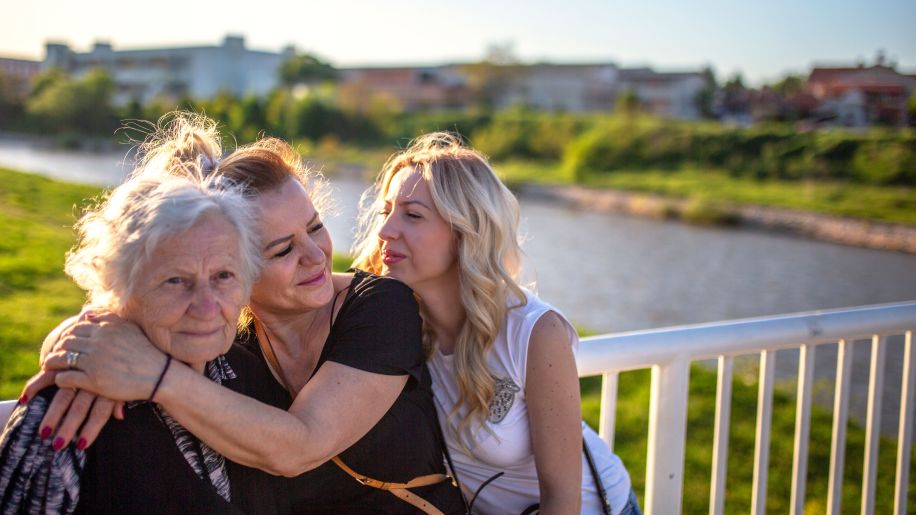
Learn your family history
Although the majority of breast cancer patients have no family history of the disease, genetics do play a role in some cancers. “There is a small percentage that actually can be familial,” Guaqueta says. “That’s why it’s important to find out if there is a family history of cancer, specifically breast cancer and ovarian cancer.”
If you haven’t done so already, bring this information to your oncologist’s attention. That way, Guaqueta says, the doctor can assess whether or not there is a possible genetic predisposition behind it. This is important information to have, especially if you have children. “Most likely your daughter will start screening mammograms much earlier than the general population,” she says.
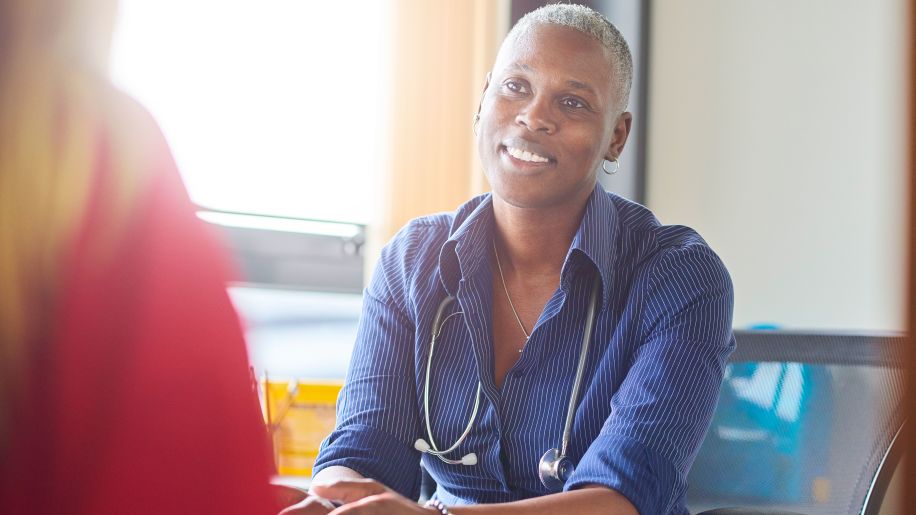
Get a second opinion
Guaqueta says she encourages patients to get a second opinion, especially if they have any doubts or concerns. Doing so can never hurt and is often helpful for your peace of mind. Doctors are accustomed to patients getting a second opinion, so don’t stress about bringing it up with your oncologist. If anything, getting a second opinion will make your relationship with your doctor a more trusting one.
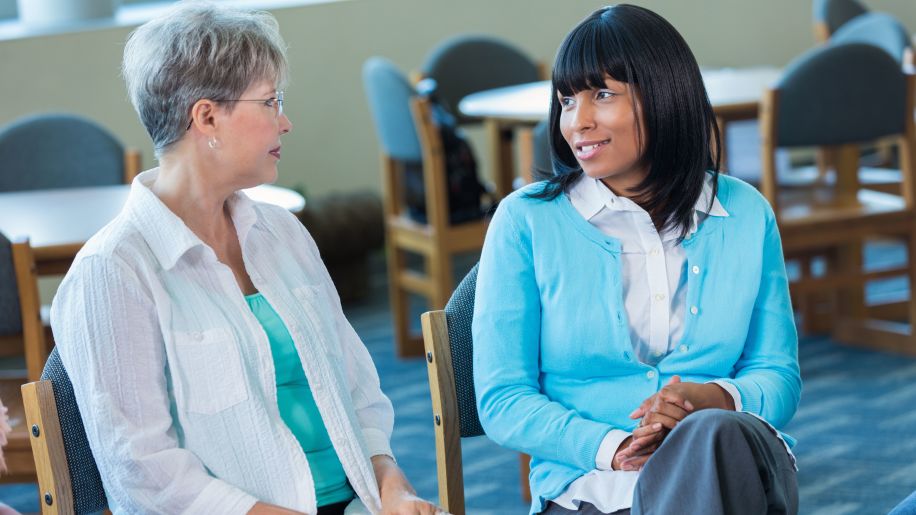
Join a support group
Coping with a breast cancer diagnosis and treatment can be overwhelming for a patient and her family. A third-party support group can be especially helpful for patients because it enables them to speak to women who’ve had similar experiences. “When women join support groups, they can see the light at the end of the tunnel because they also meet people that have already gone through it,” Guaqueta says.
The hospital where you’re treated may have a support group specifically for breast cancer patients. If you prefer one-on-one peer support, the American Cancer Society’s Reach to Recovery program may be a good option. Contact may be in person, via phone or online, based on your location. You can also check online for breast cancer groups that provide “virtual” support in a community setting.
This article was updated on September 27, 2018.
Featured Content
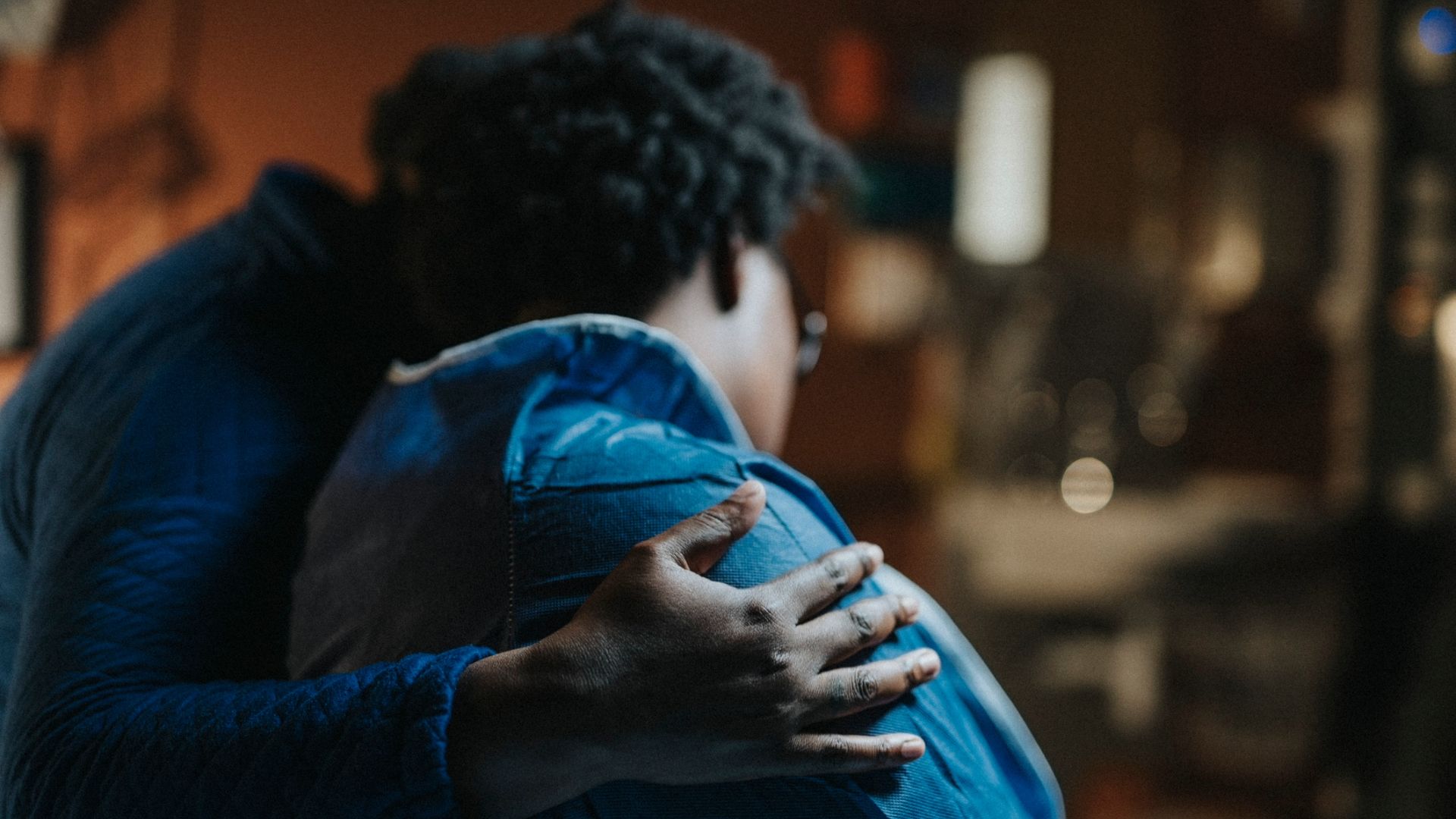
article
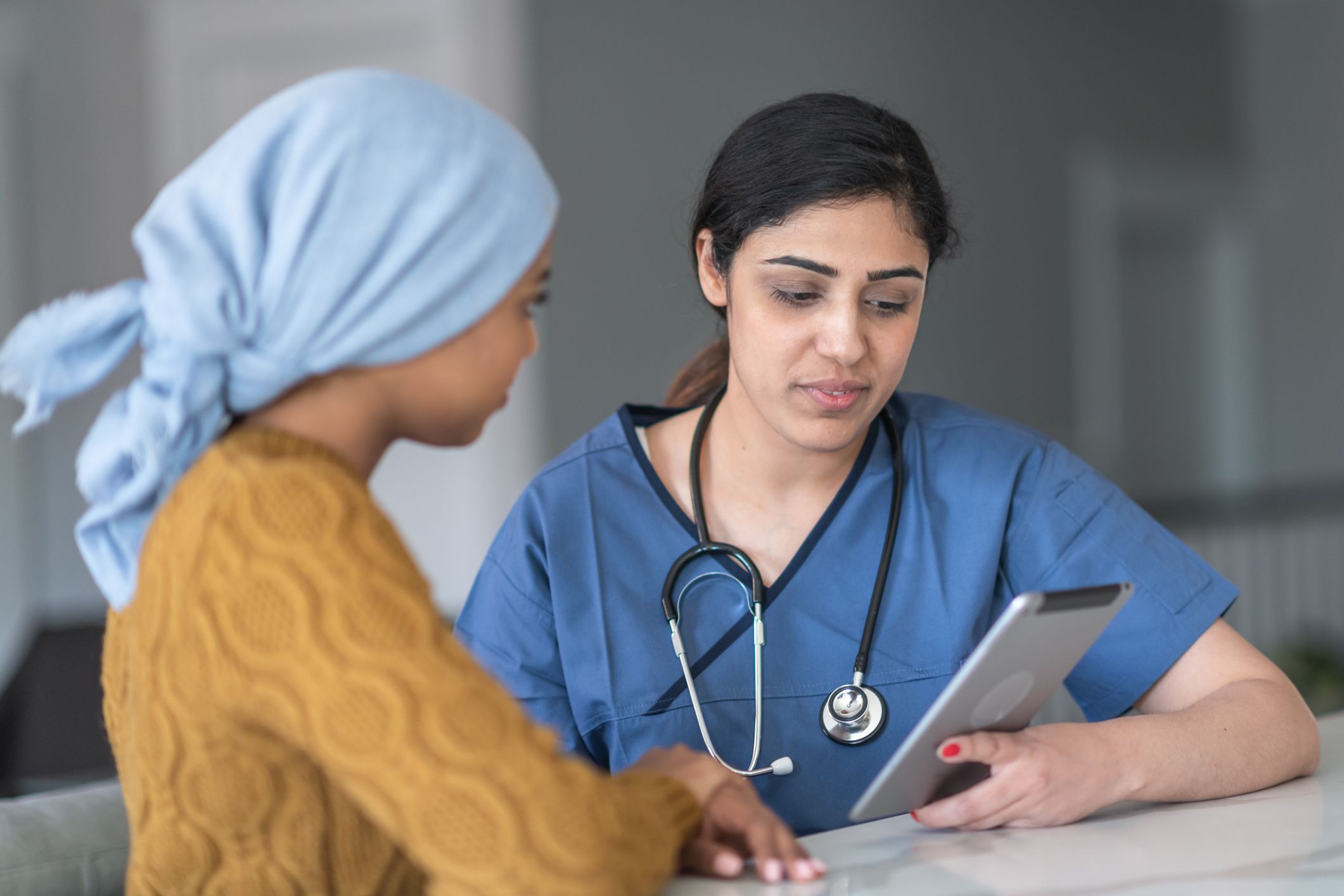
article
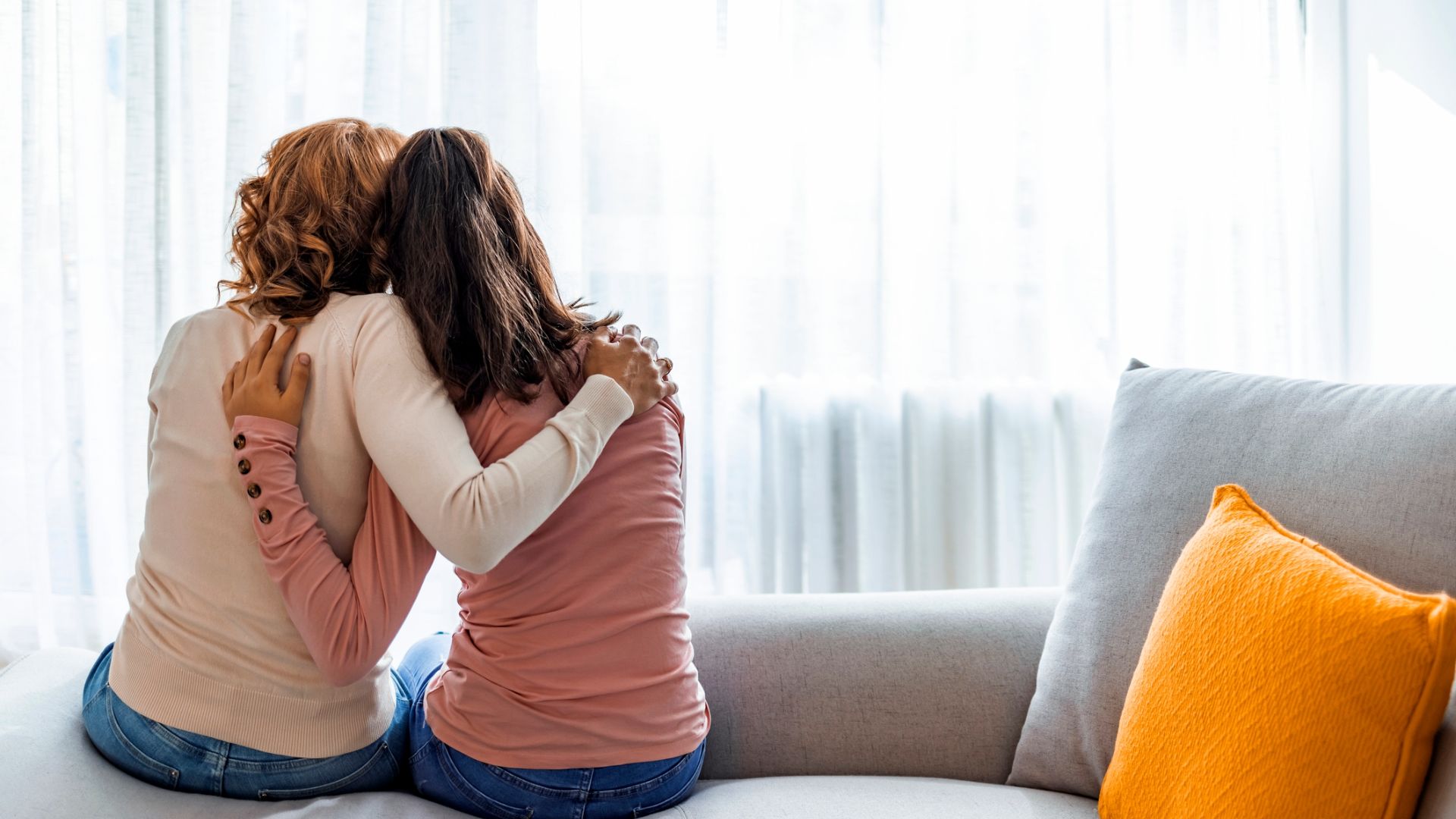
article
